All too often, when faced with a terminal diagnosis, patients and loved ones prioritize extending life over improving the quality of one’s final months, weeks or days. Jean E. Brody’s New York Times piece, Treating Cancer at the End of Life argues for honesty on the part of doctors, family members and patients themselves when evaluating treatment options. Katy Butler in The Art of Dying Well recommends, “Ask not only about length of life, but about how you will feel and function, and how proposed treatments will affect your well-being.” Atul Gawande’s Being Mortal recommends asking one’s doctor to sketch an anticipated death trajectory and possible variations under alternative treatment regimes. A new treatment might extend one’s life but increase misery. End of life decisions are rarely clear-cut, however, only once fully informed can we increase the likelihood of a GoodEnding.
